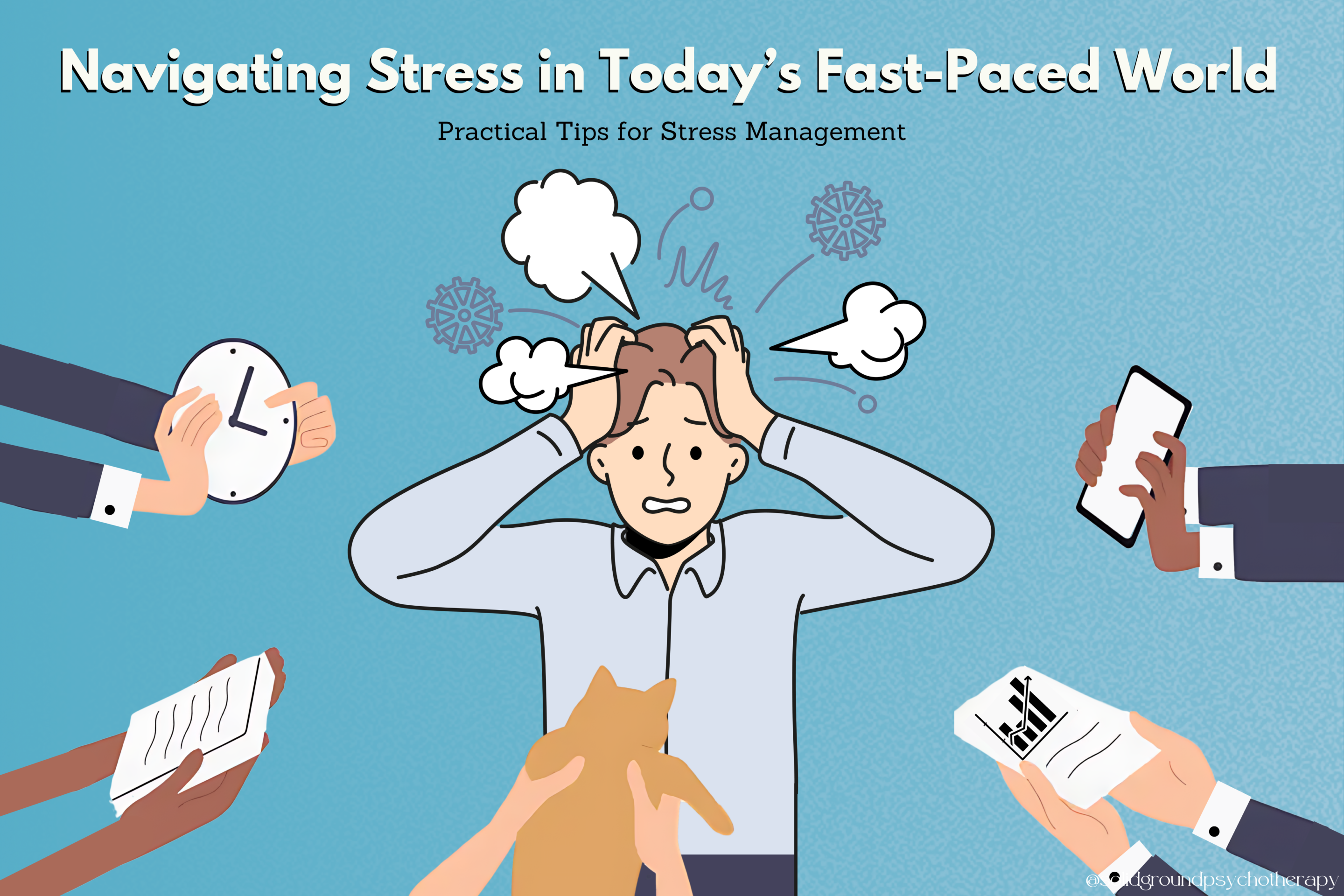In today’s fast-paced world, managing stress is essential for mental well-being, and playing video games has emerged as an effective and engaging way to unwind. According to experts in psychology and neuroscience, gaming can help reduce cortisol levels, the hormone linked to stress, by shifting attention away from daily pressures and creating a sense of achievement. Engaging in gameplay, even for short sessions, allows the brain to refocus, offering emotional relief and cognitive reset.
Games—especially casual and story-driven titles—offer a sense of control and escapism that is therapeutic. Puzzle games, simulation games, and even certain action titles activate the brain’s reward system, promoting dopamine release, which enhances mood and reduces anxiety. Multiplayer games also support social interaction, helping individuals combat loneliness and build connections, both of which are key factors in mental health and stress reduction.
Studies and real-life experience from players show that gaming in moderation provides more than just entertainment—it fosters relaxation, emotional balance, and mental clarity. Backed by credible research and expert analysis, the benefits of gaming for stress relief are becoming widely acknowledged. As long as gameplay is balanced with daily responsibilities, video games can be a valuable and science-supported tool for managing stress in modern life.






